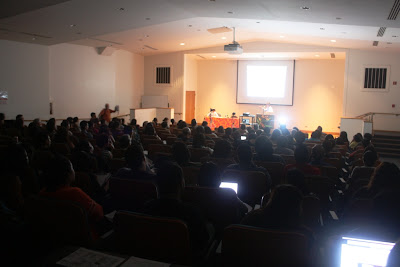Resisting the Empire

A very good overview of the global network of US bases in the world and also the movements against them. It was written in 2008 but still has lots of relevant information for readers today. As I've been teaching my course, articles such as this have been very helpful in giving my students a very brief by thorough overview of US military plans and strategies in terms of their bases. ************** "Resisting the Empire" by Joseph Gerson Foreign Policy in Focus March 19, 2008 Ecuador’s decision not to renew the U.S. lease for the forward operating base at Manta (see Yankees Head Home ) is the culmination of just one of many long-term and recently initiated community-based and national struggles to remove these military installations that are often sources of crime and demeaning human rights violations. A growing alliance among anti-bases movements in countries around the world, including the United States, is preventing the creation of new foreign military
_enters_Apra_Harbor_during_the_first_port_call_to_Guam_in_the_ship's_history.jpg)



